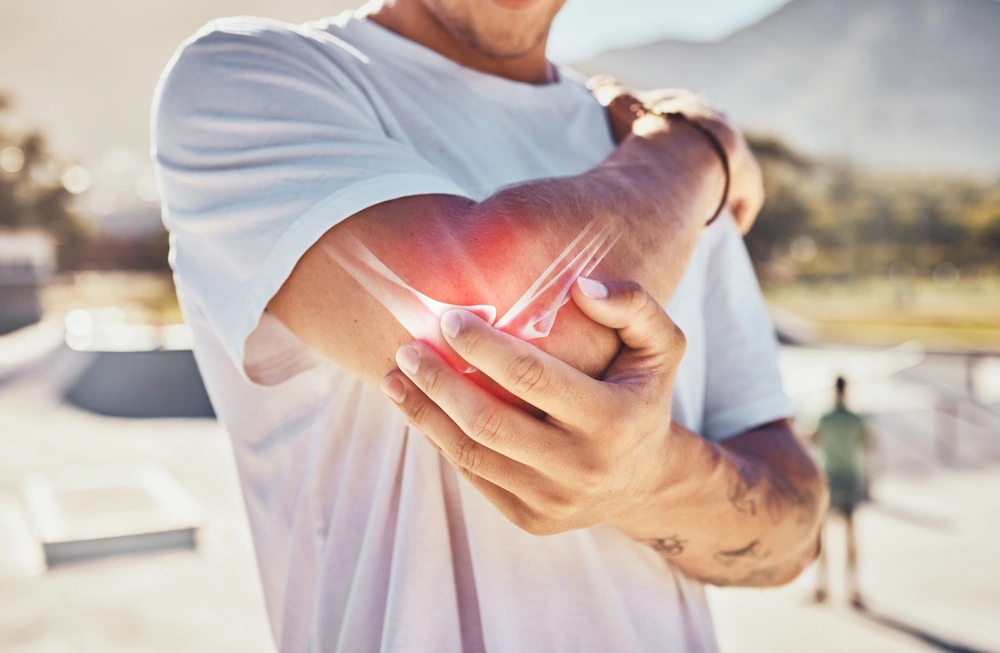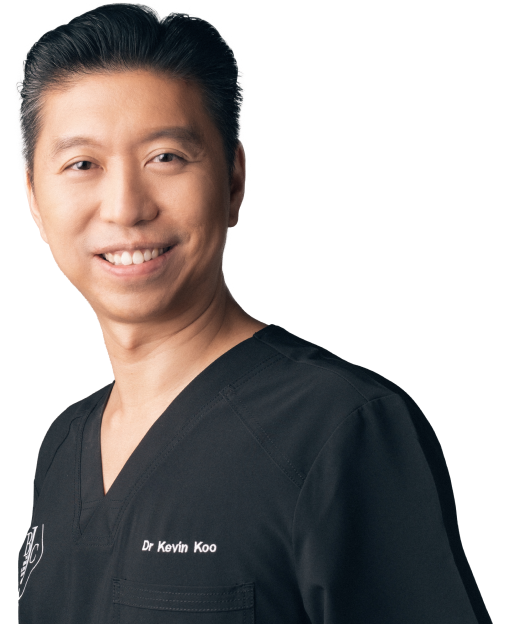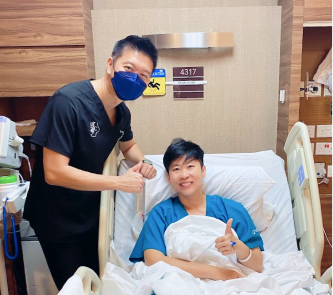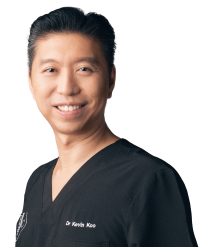Tennis Elbow

The Elbow Joint
The elbow joint is a synovial hinge joint where the three bones – humerus, ulna, and radius – meet. Its motions allow the arm to perform activities such as lifting, pushing, and pulling. The bones attached to the elbow joint are covered with cartilage that has a rubbery consistency, enabling the joints to slide easily and absorb shock. The elbow joint comprises of three joints: the humeroulnar joint, humeroradial joint, and proximal radioulnar joint. These joints are lubricated with synovial fluid which allows for smooth movement when bending, straightening, or rotating the arm.
What is Tennis Elbow?
Tennis elbow, medically known as lateral epicondylitis, is a condition that affects the outer part of the elbow. This is characterised by the swelling or tearing of the tendons joining the muscle to the bone. Despite its name, this condition does not only affect tennis players but also other individuals who engage in activities that involve repetitive gripping and wrist and arm movements.
What Causes Tennis Elbow?
- Repetitive movements – Participating in sports or activities involving repetitive gripping, forearm extension and wrist extension may strain the tendon s and increase the risk of tennis elbow.
- Improper Techniques – Poor form and improper techniques while engaging in sports and other physical activities can place excessive pressure on the tendons, causing irritation and inflammation.
- Age – As individuals age, tendons become less flexible and more susceptible to injuries from repetitive stress and degeneration.
- Obesity – Excess body weight can cause strain on the tendons and muscles of the forearm, which increases the chances of tennis elbow.
- Injury – In some cases, sudden trauma or injury to the elbow or arm can cause strains to the muscles, as well as tiny tears and inflammation near the outer side of the elbow.
What are the Symptoms of Tennis Elbow?
Symptoms tend to worsen over time if left untreated, and is generally characterised by pain on the outer side of the elbow which may travel to the wrist. This pain is often experienced when:
- Extending, lifting, or bending the arm
- Gripping small objects, such as a pen
- Turning a jar or a door handle
How is Tennis Elbow Diagnosed?
Doctors can diagnose tennis elbow by assessing the patient’s medical history and performing a physical examination. They may ask the patient about their symptoms and when or how they started, such as activities that may have caused the symptoms; or if they have had any injuries in the past.
The orthopaedic doctor may gently press on the affected area to test for tenderness and swelling; and he or she may also ask the patient to extend their arms and move their elbow, fingers, and wrist to evaluate range of motion.
In some cases, the doctor may also perform several tests to either confirm the diagnosis or rule out other possible causes of the pain. These may include X-rays to check for arthritis or fractures, MRI to assess if there may be injuries to the muscles and tendons, or electromyography to rule out nerve compressions.
Treatments for Tennis Elbow
Treatments for tennis elbow can range from conservative options to surgery, depending on the severity of the condition:
- Rest and modification of activities – Patients are advised to rest and avoid activities that can aggravate the symptoms to lessen the strain on the affected tendon.
- Physiotherapy – The patient may be referred to a physiotherapist to receive personalised exercises that aid in relieving pain and stiffness; and strengthening their forearm muscles to improve strength and stability.
- Braces or splints – Braces can provide support to relieve tension and minimise pain. Splints may also be used to immobilise and protect the joint to promote healing and avoid further injury.
- Medications – Over-the-counter pain relievers and non-steroidal anti-inflammatory drugs (NSAIDs) can help to reduce pain and inflammation.
- Surgery – Surgery for tennis elbow is rare and only recommended when symptoms could not be relieved after months of conservative treatment. Surgical treatments may involve the use of open surgery or minimally invasive techniques to remove or repair the damaged tendon.
Recovering from Tennis Elbow Surgery
The patient will be required to wear a sling on their elbow for about 7 to 10 days post-surgery. This helps to immobilise the arm and elbow to prevent further injuries and promote healing. Gradually, the patient will transition to using a splint for around two weeks. Pain relievers and ice therapy may be appropriately used to reduce swelling and discomfort.
Physiotherapy is an important part of recovery and involves exercises that helps to strengthen the muscles and regain full range of motion. Depending on the severity of the condition and type of work, patients may return to work and perform daily activities after about 3 to 12 weeks, and can usually return to sports after 4 to 6 months.
Can Tennis Elbow be Prevented?
You can reduce your risk of developing tennis elbow with these tips:
- Proper technique – When participating in sports or activities that involve repetitive movements, use proper techniques to reduce strain on the forearm muscles and tendons.
- Warm-up and stretching – Stretches and warm-ups before playing a sport or engaging in activities that stress the forearm muscles can help to condition the arm and reduce the risk of injury.
- Frequent breaks – Regular breaks between physically demanding activities involving repetitive movements are crucial to allow the muscles and tendons to rest and recover and prevent excessive straining.
- Proper equipment – Using proper sports equipment, such as tennis racquets or golf clubs, with the appropriate weight and grip size, can help reduce stress on the forearms.
- Regular exercise – Physical fitness and exercise can improve an individual’s overall muscle strength and endurance, which can help with joint and tendon health.
Our Elbow Surgeon in Singapore
FRCSEd (Orth), FAMS
Dr Kevin Koo is a trusted elbow surgeon with over 20 years of experience in orthopaedic surgery. Dr Koo completed a fellowship at St. Mary's and Charing Cross Hospitals, Imperial College Healthcare in London, UK, where he worked with internationally recognised orthopaedic surgeons and treated professional athletes and dancers.
His practice interests include foot and ankle surgery, joint replacements, sports and minimally invasive surgery. He has presented extensively at international, regional as well as local conferences including the prestigious American Academy of Orthopaedic Surgeons (AAOS) as well as the British Society for Surgery of the Hand (BSSH) Annual Scientific Meetings.



| Tel. | : +65 6970 5905 |
| Fax | : +65 6970 5906 |
| Mobile | : +65 9898 7781 |
| : hello@bjc.sg , drkevinkoo@bjc.sg |
| Mon - FriMonday to Friday | :8:30am to 5:30pm |
| Sat, Sun and PHSaturday, Sunday & PH | :Closed |
Well-being: Our Focus at
The Bone & Joint Centre.
get in touch as soon as possible.
| Tel. | : +65 6970 5905 |
| Fax | : +65 6970 5906 |
| Mobile | : +65 9898 7781 |
| : hello@bjc.sg , drkevinkoo@bjc.sg |
| Mon - FriMonday to Friday | :8:30am to 5:30pm |
| Sat, Sun and PHSaturday, Sunday & PH | :Closed |





